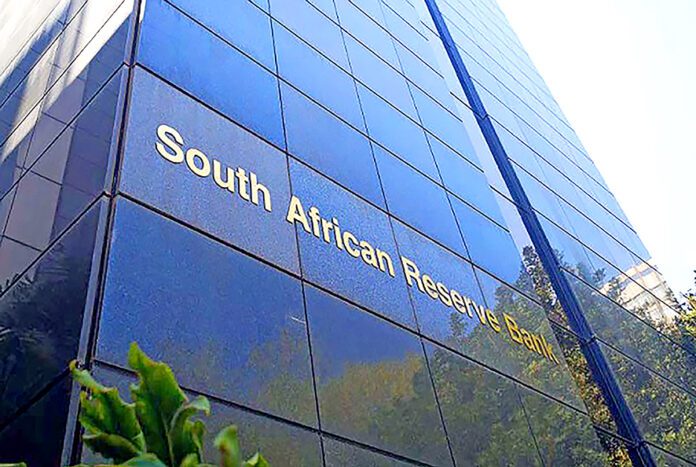The debate over how the South African Reserve Bank (Sarb) is managing the monetary policy has once again come under the spotlight as it meets for the interest rate decision this week.
Reserve Bank Governor Lesetja Kganyago recently came under fire for cutting the repo rate, the interest banks have to pay on loans from the central bank, too slowly.
Sunday World recently reported that an ANC economic transformation discussion document proposed a shifting of focus to aggressive interest rate cuts to revive the struggling economy, an important departure from its earlier plans to increase value-added tax.
This came as the National Treasury and Reserve Bank announced in a joint statement they have initiated steps to change the inflation target band, which currently is between 3% and 6%.
The Reserve Bank’s monetary policy, which is a component of macroeconomic policy, hinges on inflation targeting.
However, these developments have left some economists unhappy because of the prominent role the Sarb is playing in driving that change.
Economist Duma Gqubule told Sunday World there was no reason for a 7.5% real after-inflation prime lending rate.
“That’s just wrong. Our interest rates are still among the highest in the world, and this is killing the economy. I agree with the ANC economic policy document that we should decrease our interest rates aggressively. There are no inflation threats, which means there is no reason to have high interest rates.”
He lashed Reserve Bank and Treasury leaders for not aligning their economic policy decisions to the ANC policy.
“They do as they please. The party must exercise discipline over its deployees. We need to target GDP growth and employment,” he said, adding that at the Polokwane congress, it was resolved that employment should be at the centre of the macroeconomic policy.
Economist Mandla Maleka said inflation targeting has been a transparent barometer to anticipate interest rate movement.“No doubt that it has enhanced monetary policy certainty. However, the recent news from the Sarb that it intends to target 3% inflation was rather unfortunate in that the policy mandate is the responsibility of the National Treasury.”
He warned against the Sarb setting a standard upon which it must be judged.
“Your ‘master’ [finance minister] should set the standard that he should hold you liable by.”
“Considering that the possibility of a lower target has been sold to the public, the starting point should be where we are. Since mid-2023, inflation has dipped below 6%, with a lower reading of 2.7% in March 2025. Since then, inflation has been well within the 3%-6% range. On the other hand, interest rates have been lowered by 100 basis points, while inflation is down circa 200 basis points.
“So, prior to the introduction of the new target, which might delay cuts to interest rates in the short term, it’ll be worth it to lower interest rates by an extra 100 basis points prior to introducing and pronouncing on the new target measure,” he said.



